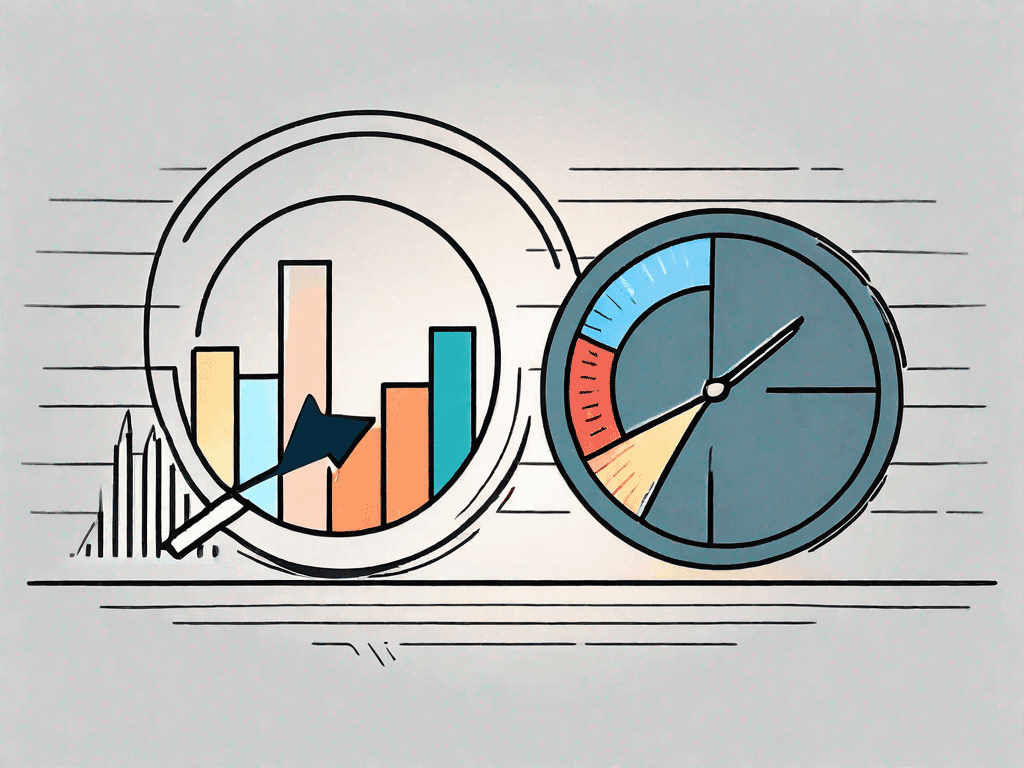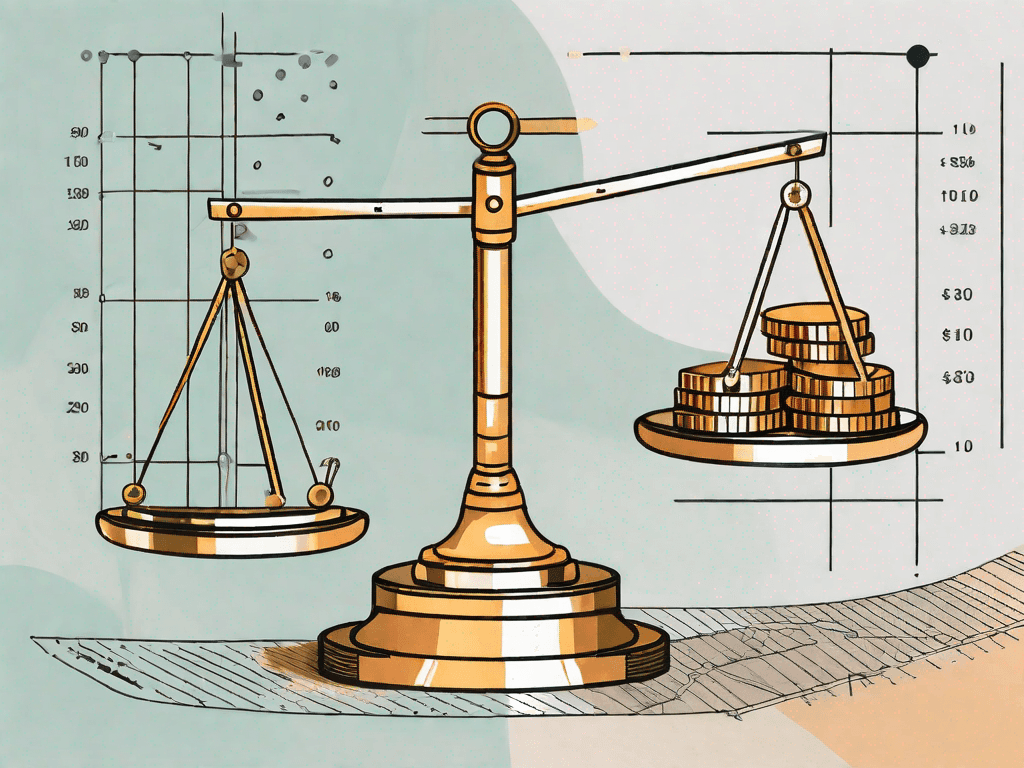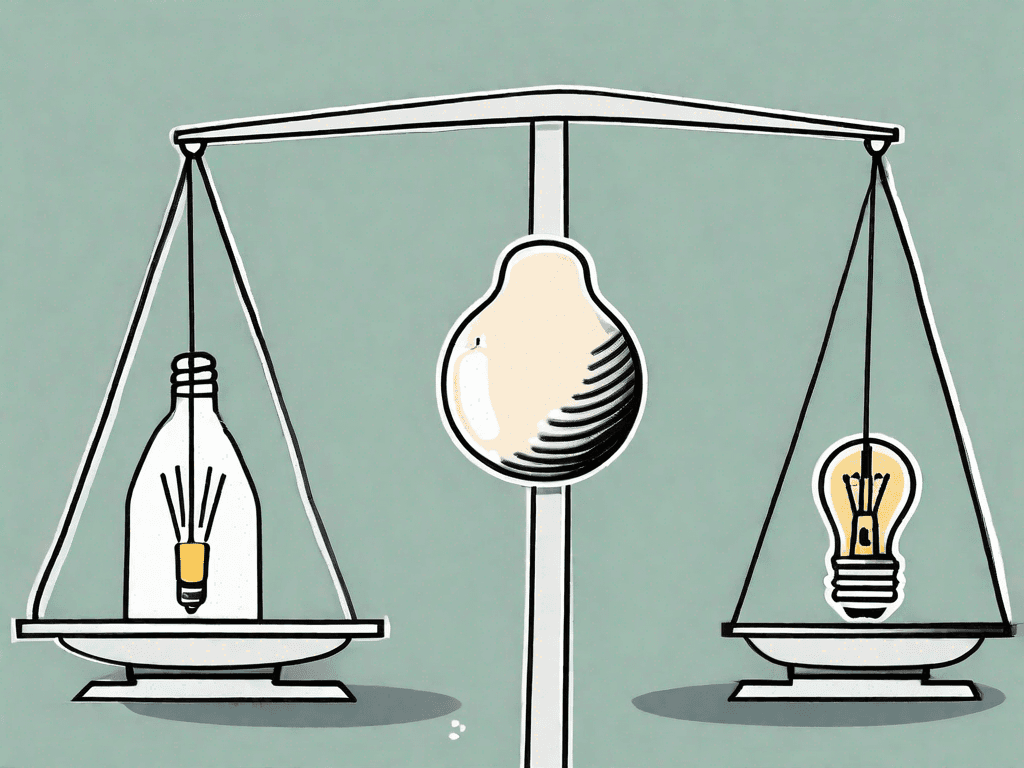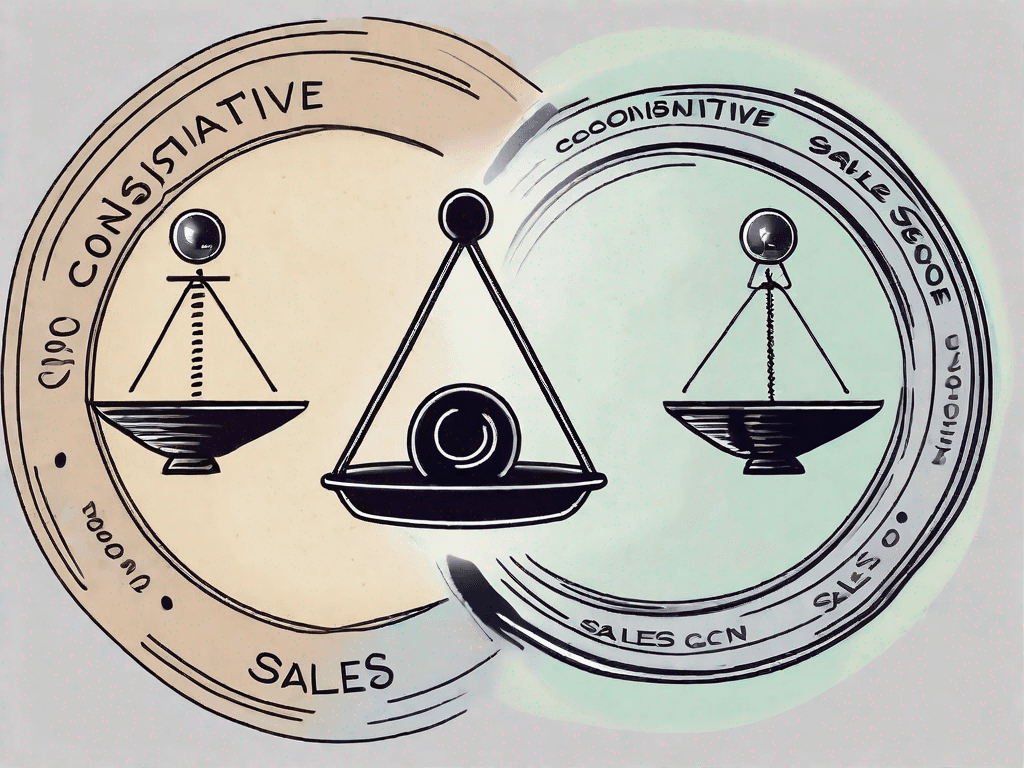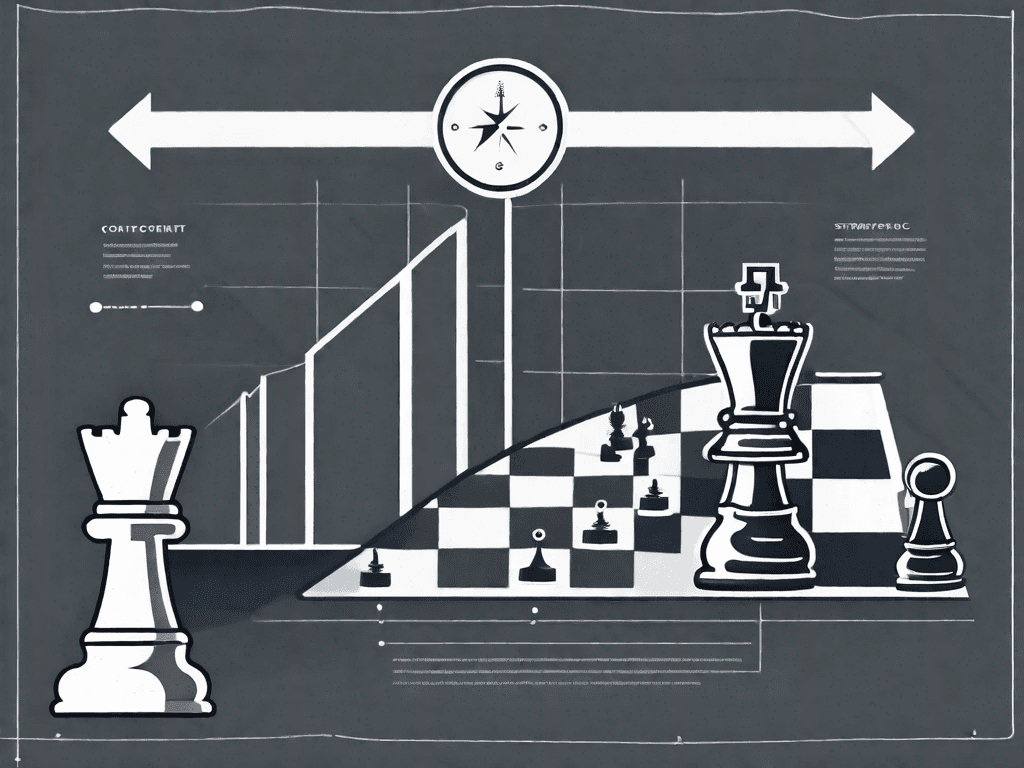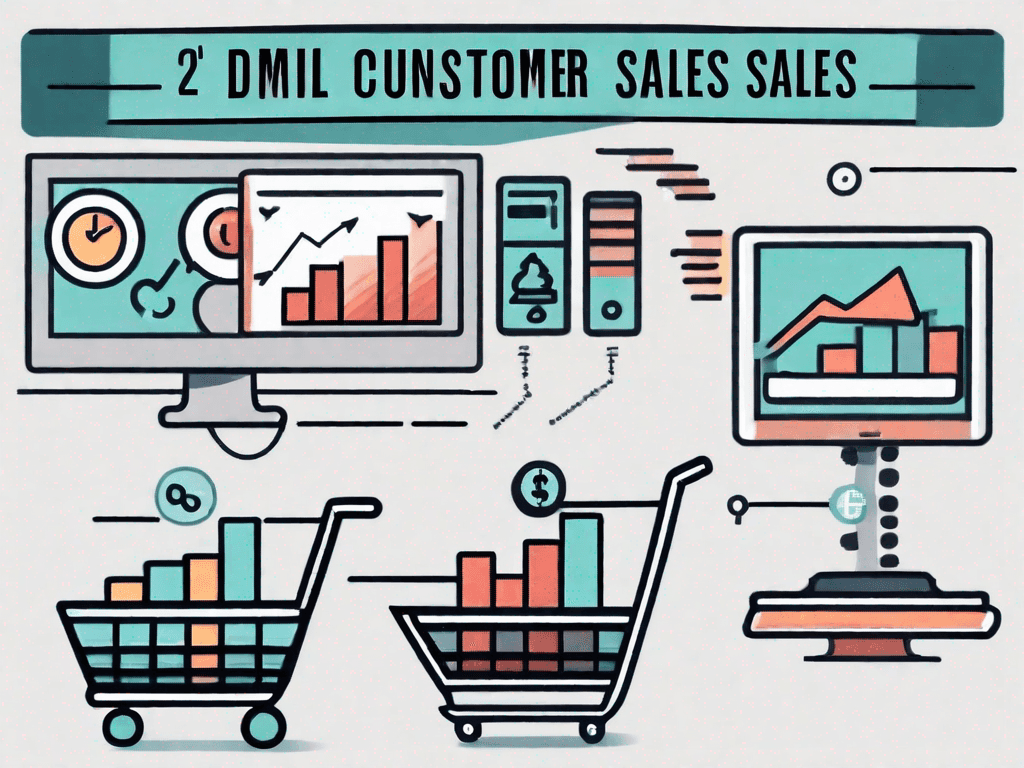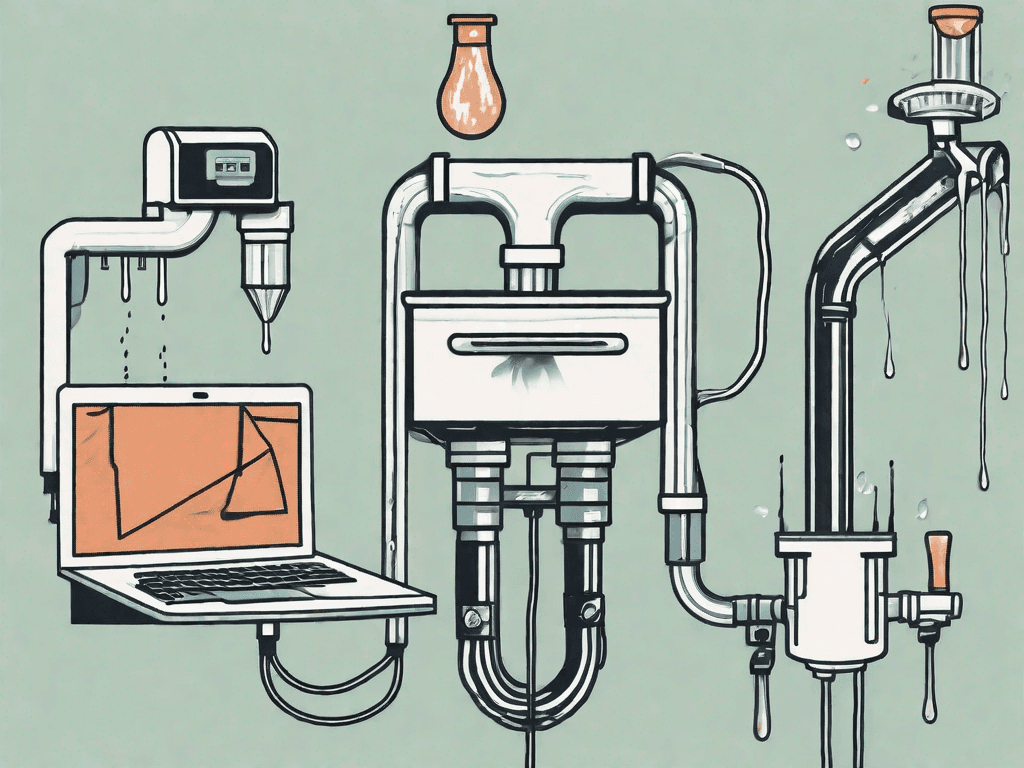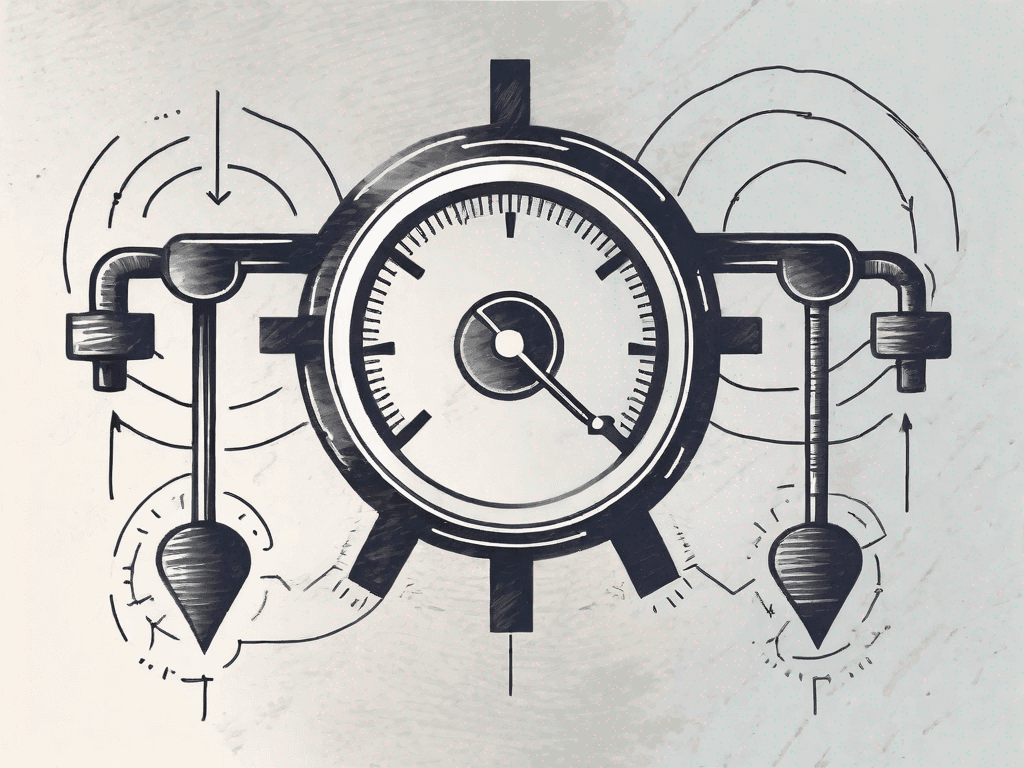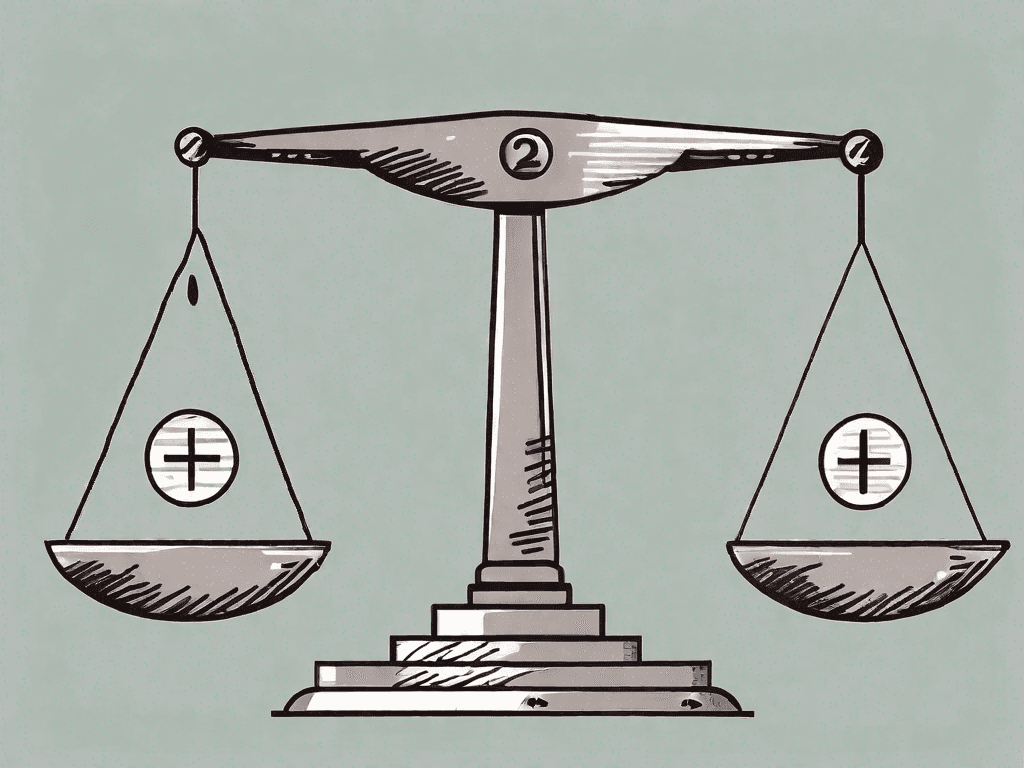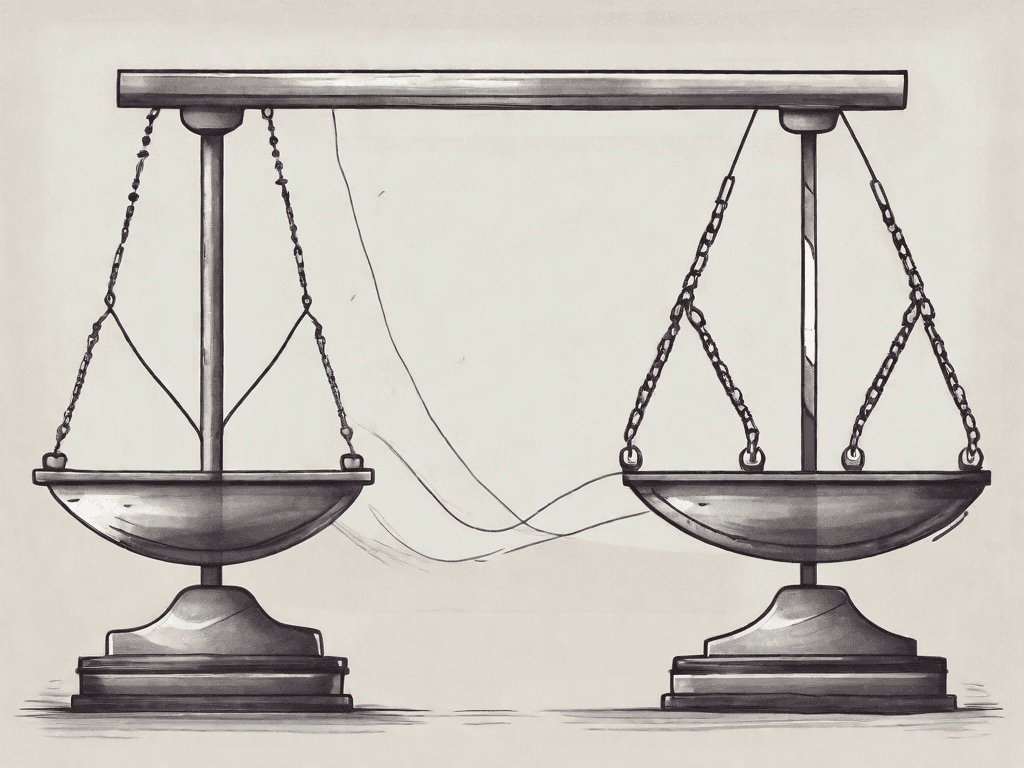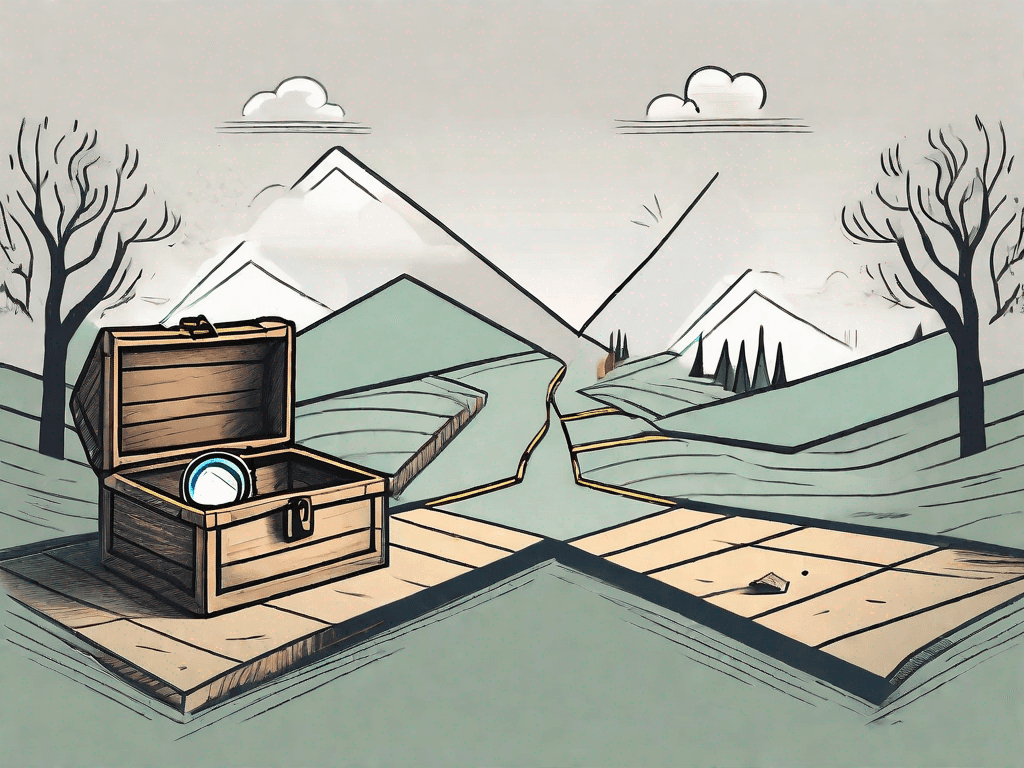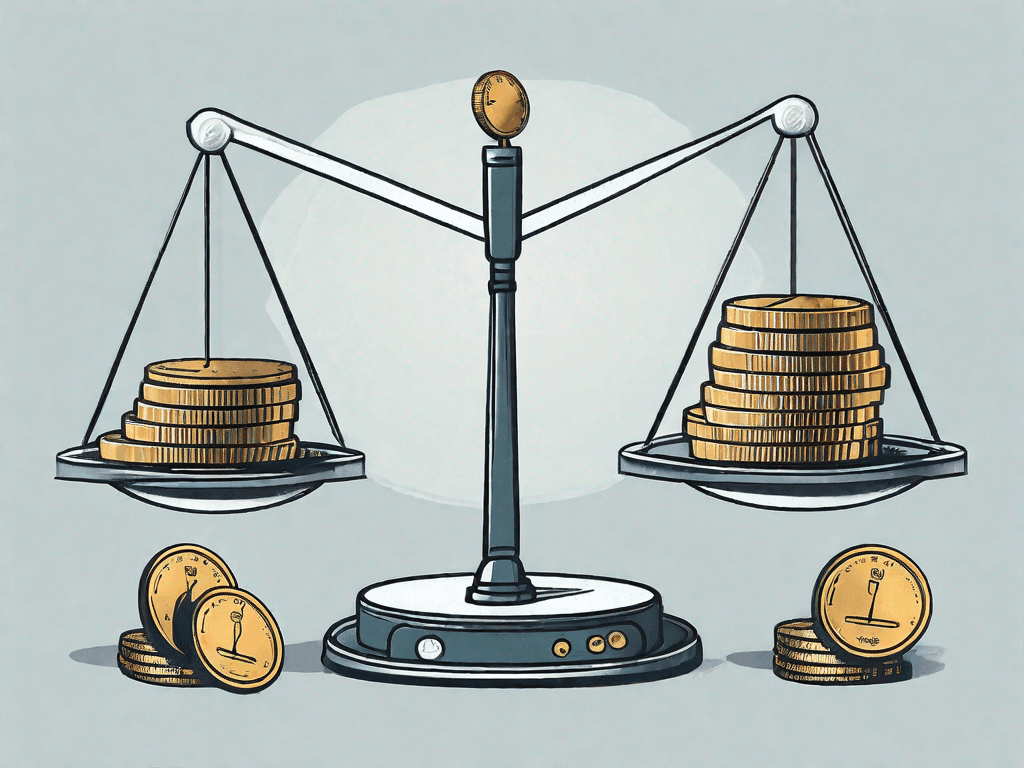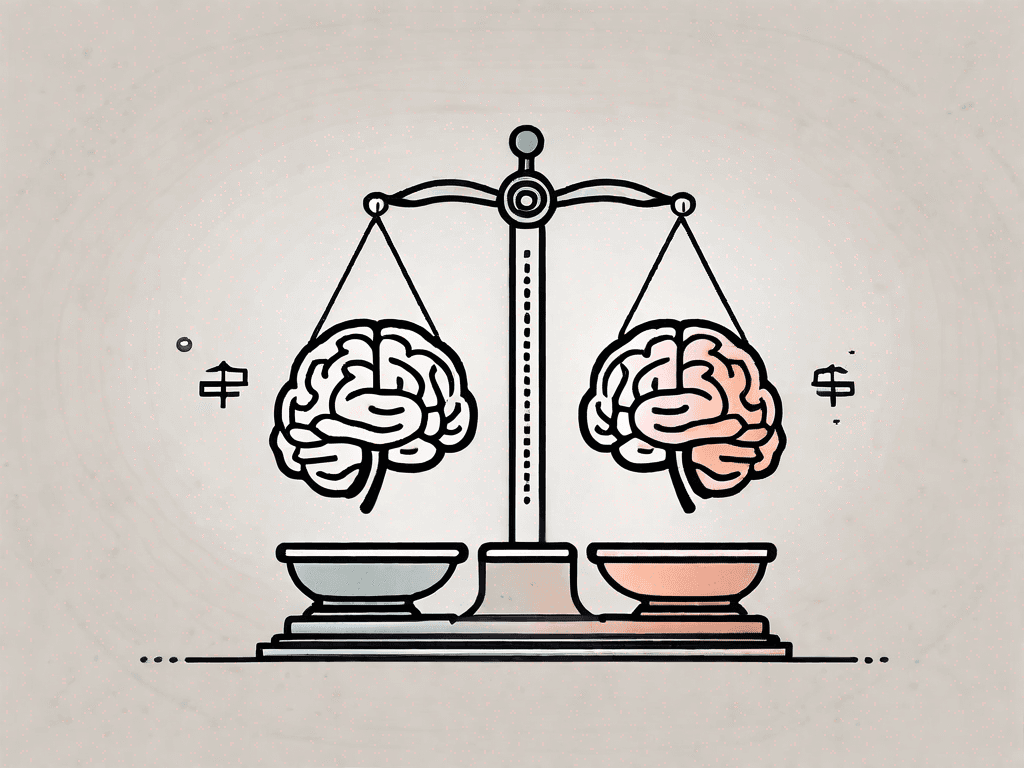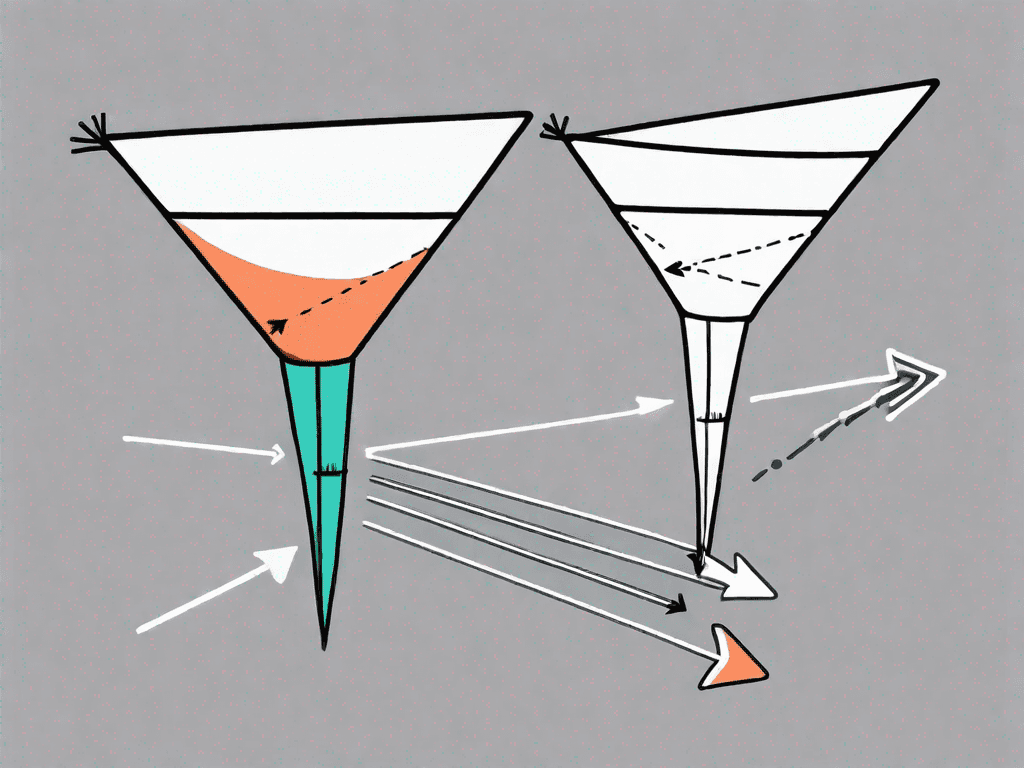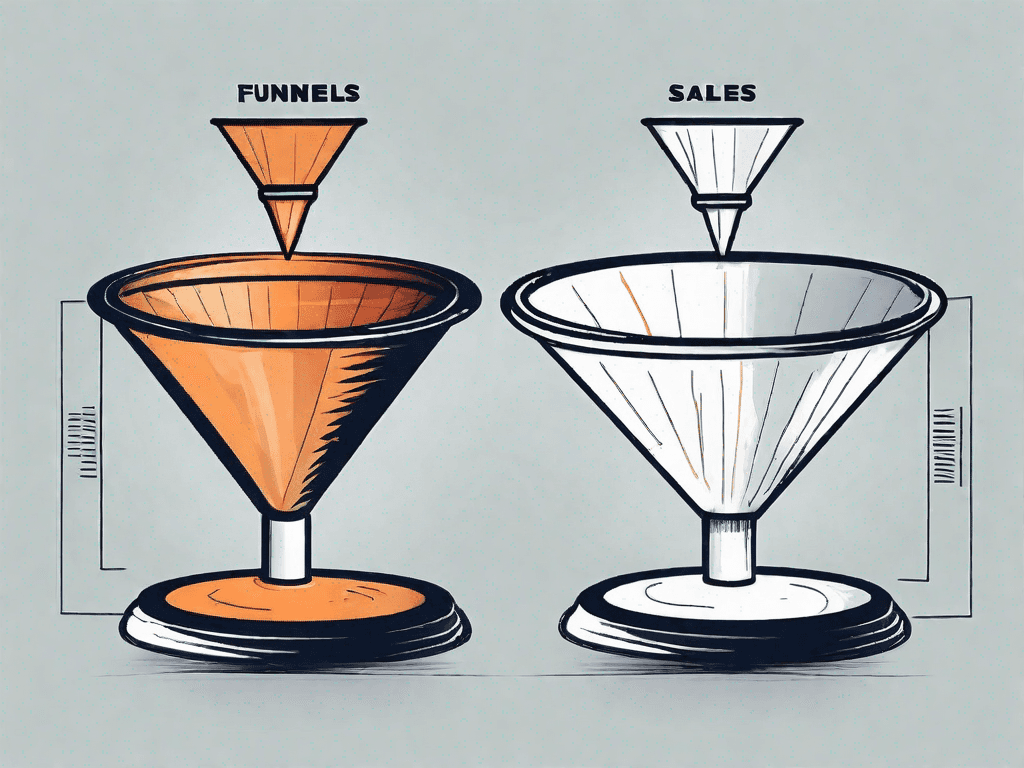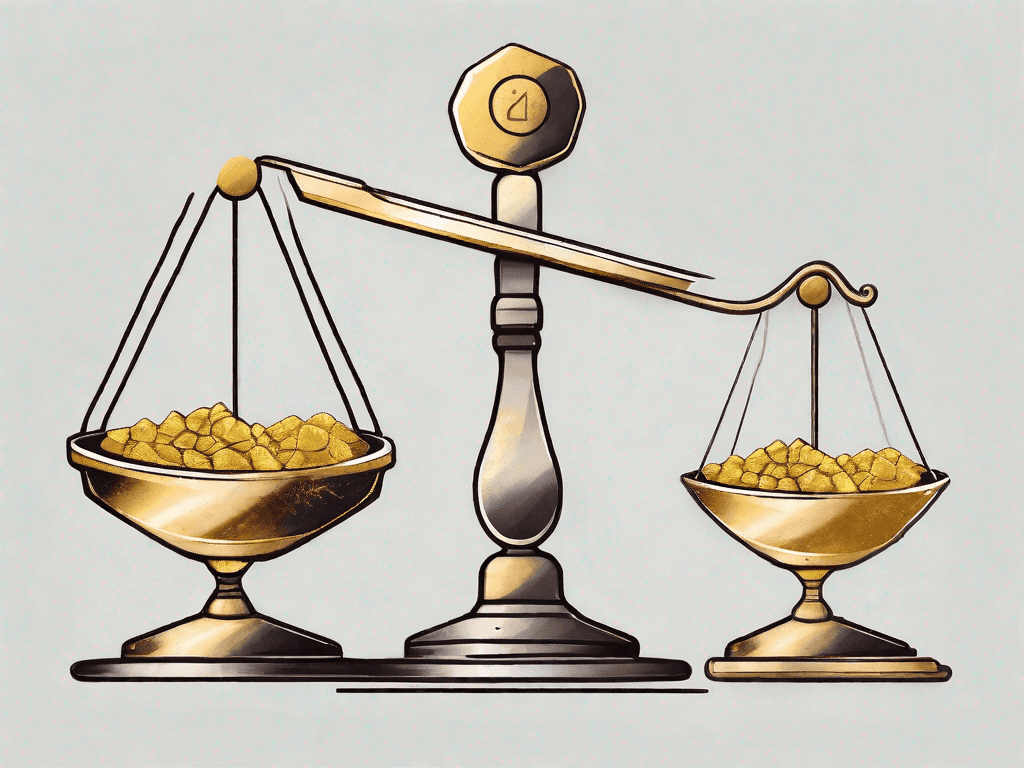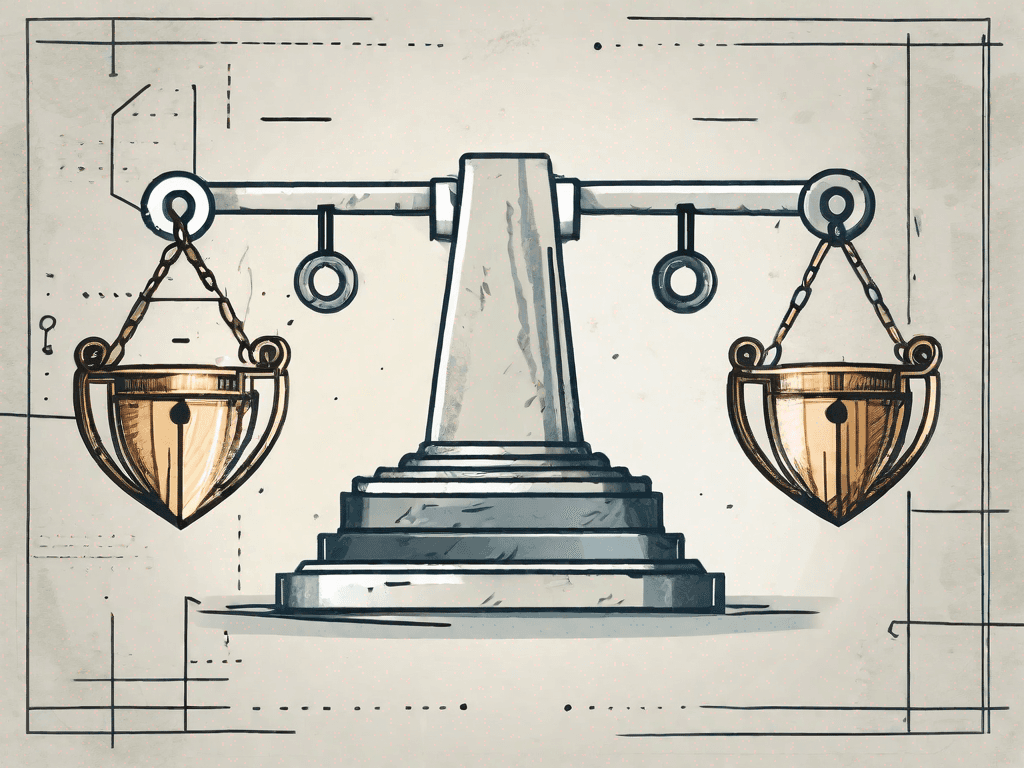
Account Executive vs Business Development Representative: What's the Difference?
In the world of sales, there are various roles that contribute to the growth and success of a company. Two such roles are those of an Account Executive and a Business Development Representative. While both are involved in sales and revenue generation, there are key distinctions that set them apart
Defining Account Executive and Business Development Representative

1.1 - What is an Account Executive?
An Account Executive is a sales professional who is responsible for managing and nurturing existing client relationships. They serve as the primary point of contact for their assigned accounts and work closely with clients to understand their needs and provide solutions. Account Executives are focused on maintaining customer satisfaction, driving upsells and cross-sells, and ensuring long-term business partnerships.
Account Executives play a crucial role in building and maintaining strong relationships with clients. They are skilled in effective communication and are adept at understanding the unique requirements of each client. By actively listening to clients' needs and concerns, Account Executives can provide tailored solutions that meet and exceed expectations.

In addition to managing existing accounts, Account Executives also collaborate with other departments within the organization to ensure smooth delivery of products or services. They work closely with the marketing team to develop strategies that align with clients' goals and objectives. By staying up-to-date with industry trends and market conditions, Account Executives can provide valuable insights and recommendations to clients, helping them stay ahead of the competition.
1.2 - What is a Business Development Representative?
A Business Development Representative, also known as a BDR or a Sales Development Representative (SDR), is responsible for prospecting and generating new leads for the sales team. They utilize various channels such as cold calling, email marketing, and online research to identify potential customers. BDRs qualify leads, set up introductory meetings or demos, and pass them on to the Account Executives for further nurturing and closing of deals.

Business Development Representatives are skilled in conducting market research and identifying target markets. They analyze industry trends, competitor activities, and customer preferences to identify potential opportunities for business growth. By leveraging their knowledge of the market, BDRs can effectively engage with potential customers and create interest in the products or services offered by the company.
Furthermore, Business Development Representatives play a vital role in building the sales pipeline. They are constantly seeking out new prospects and initiating conversations that can lead to potential sales opportunities. Through their proactive outreach efforts, BDRs help expand the customer base and contribute to the overall growth of the organization.
In addition to lead generation, BDRs also collaborate closely with the marketing team to align their efforts with the overall marketing strategy. They provide valuable feedback and insights on the effectiveness of marketing campaigns and help refine the target audience and messaging. By working hand in hand with the Account Executives, BDRs ensure a smooth transition of leads and facilitate a seamless sales process.
What's the difference between an Account Executive and a Business Development Representative?
While both Account Executives and Business Development Representatives contribute to revenue generation, their focus and responsibilities differ significantly.
An Account Executive focuses on building and maintaining existing client relationships, ensuring customer satisfaction, and maximizing revenue from their assigned accounts. They are trusted advisors to their clients, understanding their business objectives and providing tailored solutions.
Account Executives go above and beyond to establish strong connections with their clients. They take the time to truly understand their clients' needs, challenges, and goals. By doing so, they can provide personalized recommendations and solutions that address specific pain points. This level of dedication and attention to detail helps foster long-term relationships built on trust and mutual success.
On the other hand, a Business Development Representative is primarily focused on generating new leads and expanding the customer base. They are skilled at identifying and nurturing potential clients, qualifying leads, and setting up initial meetings.
Business Development Representatives are like detectives, constantly searching for new opportunities. They utilize various strategies and tools to identify potential clients who could benefit from the company's products or services. From researching industry trends to attending networking events, BDRs leave no stone unturned in their quest to find new business prospects.
Their role is crucial in filling the sales pipeline stages and creating opportunities for the Account Executives to close deals. Once a lead is qualified and ready to move forward, the BDR hands it off to the Account Executive, who then takes over the relationship-building process.
While Account Executives operate further down the sales funnel, BDRs are positioned at the beginning, driving the early stages of the sales cycle. They play a vital role in the company's growth by constantly expanding the customer base and bringing in fresh revenue streams.
In summary, Account Executives focus on nurturing existing client relationships and maximizing revenue from assigned accounts, while Business Development Representatives concentrate on generating new leads and expanding the customer base. Both roles are essential for a company's success, with each contributing to revenue generation in their unique way.
Examples of the Difference between an Account Executive and a Business Development Representative
2.1 - Example in a Startup Context
In a startup context, an Account Executive would focus on building relationships with early adopters and nurturing them as the company grows. They would navigate the challenges associated with scaling the business and finding the right solutions to meet their clients' evolving needs. On the other hand, a Business Development Representative would be responsible for prospecting potential investors and new customers, creating awareness about the startup's product or service, and generating leads to fuel the company's growth.
2.2 - Example in a Consulting Context
Within a consulting firm, an Account Executive would work closely with existing clients, ensuring the successful delivery of projects and identifying opportunities for upselling additional services. They would strive to maintain long-term relationships, as client retention is crucial in this industry. A Business Development Representative, on the other hand, would focus on researching and identifying potential clients who could benefit from the firm's expertise. They would reach out to these prospects, establish initial contact, and facilitate the transition to the Account Executive for further discussions and proposal development.
2.3 - Example in a Digital Marketing Agency Context
In a digital marketing agency, an Account Executive would be dedicated to managing client accounts, understanding their marketing goals, and aligning agency services to help achieve those goals. They would collaborate with various teams within the agency to execute successful campaigns and track performance. Meanwhile, a Business Development Representative would be responsible for proactive outreach to potential clients, showcasing the agency's expertise, and highlighting success stories to generate new business opportunities for the agency.
2.4 - Example with Analogies
To better understand the difference between an Account Executive and a Business Development Representative, we can use an analogy:
Imagine you are a farmer who owns a fruit orchard. The Account Executive would be like a diligent farmer who takes care of the existing trees, ensuring they bear healthy fruit and providing ongoing care. On the other hand, the Business Development Representative would be like the farmer who scouts for new land, identifies promising locations for future orchards, and plants new trees to expand the overall yield of the farm.
Conclusion
While Account Executives and Business Development Representatives may work hand in hand, their roles and responsibilities differ significantly. Account Executives focus on nurturing existing client relationships, while Business Development Representatives concentrate on generating new leads. Both roles are vital for driving sales and revenue growth within an organization. By understanding their distinctions, companies can effectively structure their sales teams and capitalize on their respective strengths to achieve business success.























